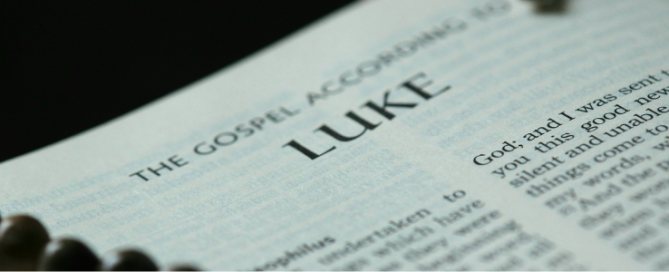New Testament Gospels
In What SENSE is Jesus “God” in Matthew, Mark, and Luke? My Change of Mind
In yesterday’s post I pointed out that if one asks about an early Christian text: “Does it portray Jesus as God,” then almost always if the answer is Yes (which it usually is), it has to be qualified: “Yes, in *some sense*. “ And the question is always, in *what* sense? The reason I stress this point is that for many years – until I dug deep into research for my book How Jesus Became God – I was quite vehement, in person and in print, that the Synoptic Gospels did not portray Jesus as divine, but only the Gospel of John did. It’s true – I still think and, I suspect, always will think – that in the Gospel of John there is little doubt about the divinity of Jesus. As we have seen, the Gospel opens with the amazing poem: “ In the beginning was the Word, and the Word was with God, and the Word was God. All things came into being through him, and apart from him nothing came into being [...]

